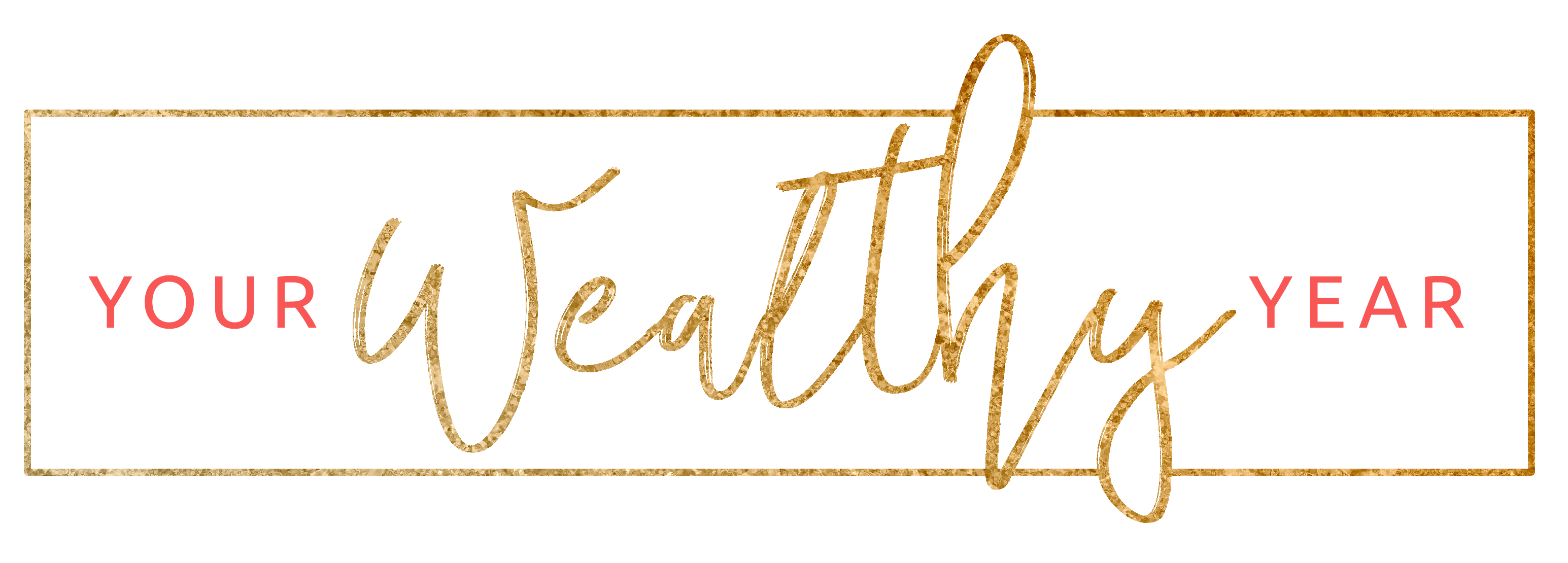The In’s & Out’s of Your First Benefits Package

You made it through four years (or four and a victory lap for some of us) for this very moment. You received your first paycheck from that grown up job you’ve dreamed of! But before that first check ever touched your hands, you should have taken care of a few things first. You remember that stack of papers you skimmed through and signed on your first day of work? Somewhere in there should have been a benefits package and that package is possibly the most important stack of documents you’ll receive at work. Here’s what you’ll want to look for:
Benefit Package #1 – 401(k)
Yes. The name alone sounds boring. You’ve probably heard your parents bring it up at some point. You know, that thing that has to do with retirement. That’s a long way off huh? Not as far as you think! Your 401(k) is a savings account that is going to allow you to not have to work for the rest of your days, so pay close attention to it. Retirement is expensive and inflation is always happening. You’ll need at least a couple mil to rest on your laurels after age 65. Your investments will grow, so the earlier you begin contributing to your 401(k) the better!
Benefit Package #2 – Company Match
Many employers have a 401(k) match program. This means, whatever you contribute to your 401(k) each year, they will duplicate that investment. So, if you have no idea how much you should put into your 401(k), start by putting in the minimum required to receive your company’s match. If you can swing it, try to match their max contribution. So, if they will only match up to $1,500 per year, ideally, you’d like to contribute at least $1,500 per year so you can get the max benefit available.
Benefit Package #3 – Flexible Savings Account (FSA)
With your health insurance, you may be offered a Flexible Savings Account option. This account is for health expenses, such as doctors copays, specialty treatments, and prescriptions. The great thing about your Flexible Spending Account is that the money is taken from your paycheck tax-free. There is one draw back! FSA is a use it or lose it account. So if you don’t use the money you put in, you don’t get to withdraw it. To bypass this, you’ll want to speak with your employer to see if a Health Savings Account (HSA) is available.
Benefit Package # – Discounts!
Many companies have savings plans with other vendors that they only disclose once a year. Ask the appropriate department about local discounts, i.e. coffee shops, gyms, grocers, floral shops, etc. Some medium-size and larger companies have discounts with wireless and cable providers, insurance companies, and more! Be sure you’re taking advantage of all that’s available. Get every bit of savings you can!
Understanding the ins and outs of all your benefits for the first time can be difficult. Don’t be afraid to utilize your HR department for assistance. If you don’t feel comfortable talking to a stranger about your finances, income and savings plans, your parents, older siblings and friends have all been through it too. They are an excellent source of knowledge. Want to discuss your future and develop a retirement plan that works for your income and your lifestyle? Contact Dominique to today!
